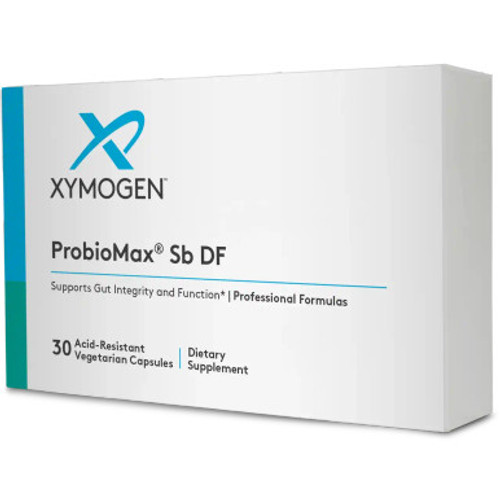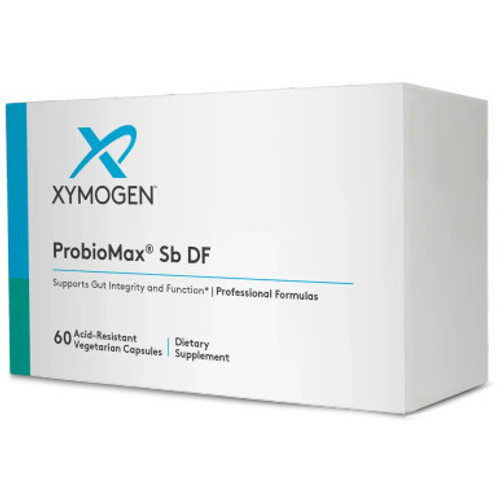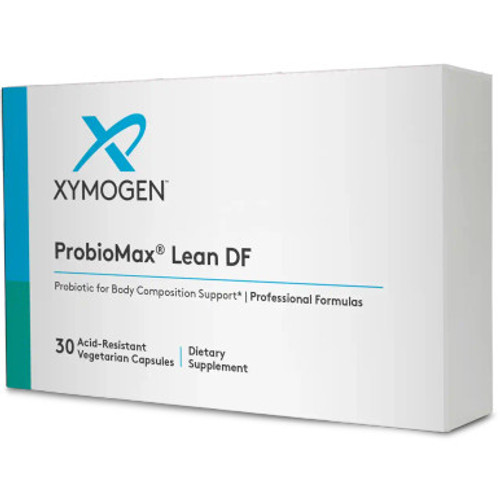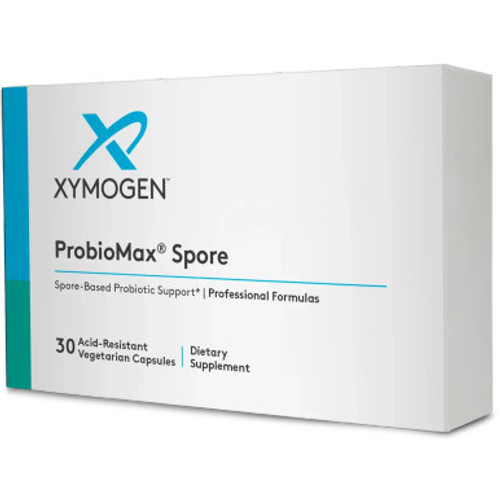Xymogen Probiomax Daily – Premium Daily Probiotic Support
Xymogen Probiomax Daily is expertly formulated to support digestive and gut health, promote a balanced microbiome, and enhance immune system function. Delivering 30 billion CFUs per serving from clinically studied probiotic strains, Probiomax Daily offers a simple, effective solution for daily microbiome maintenance.
Probiomax Benefits
- Supports optimal digestive and gut health
- Promotes a healthy, balanced microbiome
- Enhances immune system function naturally
- Features 30 billion CFUs per serving for potent daily support
- Provides clinically studied strains for maximum efficacy and stability
How Probiomax Works
Xymogen Probiomax Daily utilizes a powerful proprietary blend of probiotic strains—including Lactobacillus acidophilus La-14, Bifidobacterium longum BI-05, Lactiplantibacillus plantarum Lp-115, and Bifidobacterium lactisHN019—to deliver targeted gut and immune system benefits. These strains have been clinically researched for their ability to survive stomach acid, colonize the intestines, and support a healthy microbiome environment. With minimal side effects and excellent safety, Probiomax Daily is designed for long-term daily use to gently promote overall wellness.
Who Should Use Probiomax
- Ideal for individuals seeking a safe, reliable way to support joint, bone, and skin health through improved gut function
- Especially beneficial for those managing occasional digestive discomfort
- Great for individuals striving for stronger immune resilience
- Perfect for anyone seeking a simple daily routine to maintain healthy microbiota balance
Supplements support your health but do not replace a balanced diet. Always check with your healthcare practitioner if you have doubts about a new supplement. Or, you may book a FREE product consultation at Holistic Health Partners. You may want to look at our other Gut Health products.
Other Ingredients: Microcrystalline cellulose, capsule (hypromellose, gellan gum, and water), stearic acid, magnesium stearate, and silica.
Additional Information: Features clinically studied probiotic strains from HOWARU® and HN019™ for enhanced efficacy and stability.
These statements have not been evaluated by the FDA. This product is not intended to diagnose, treat, cure, or prevent any disease.








